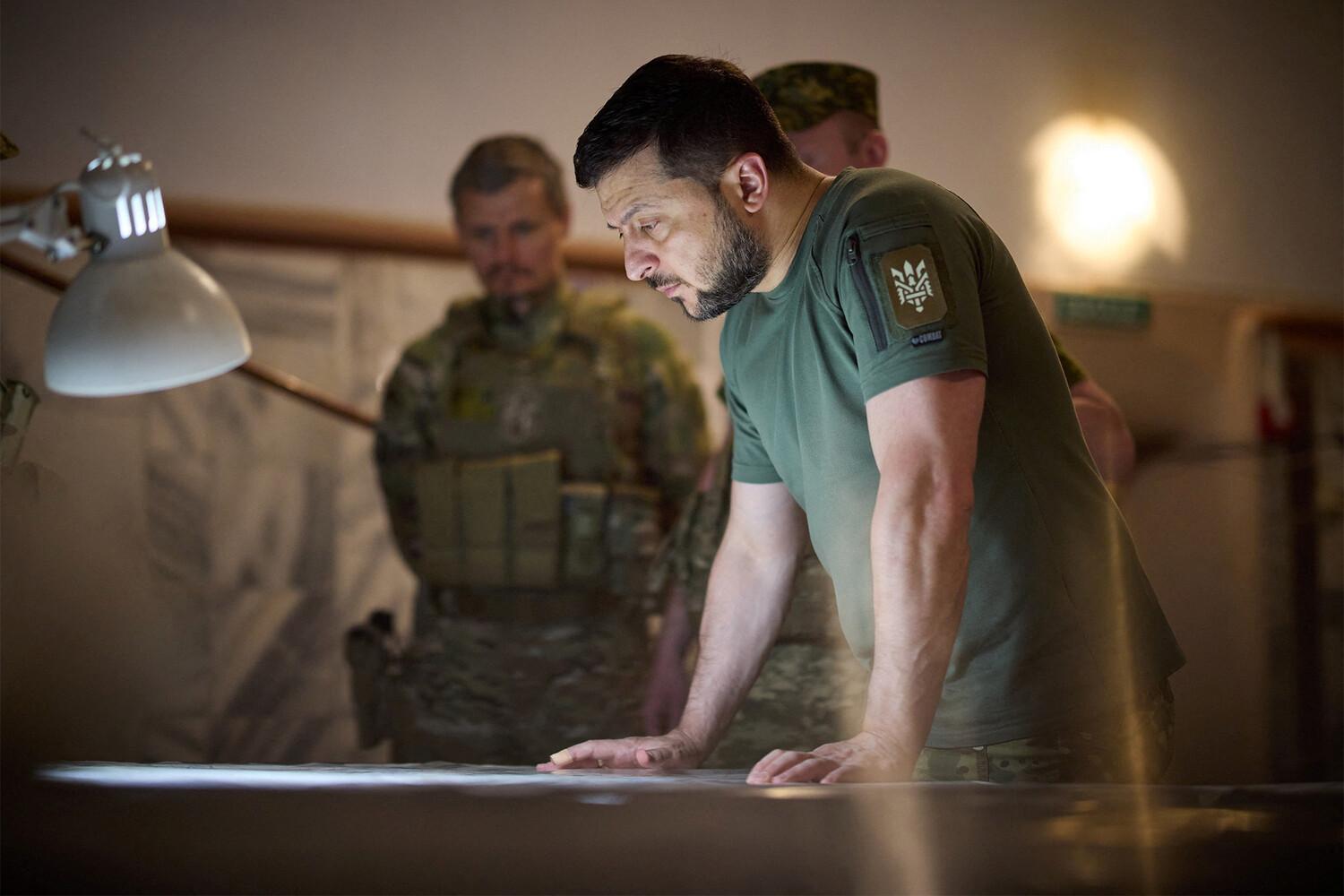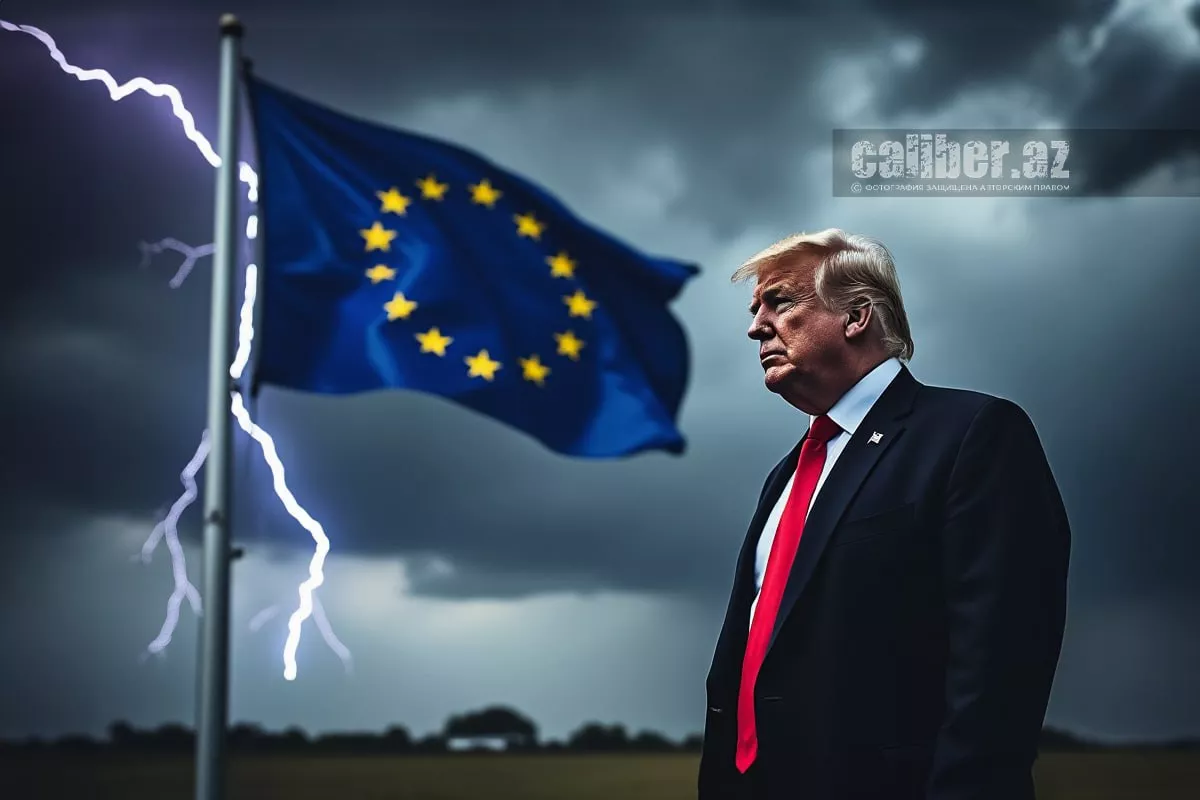Orban and the new reality of the Old Continent Europe is losing its influence
One thing that cannot be denied about Hungarian Prime Minister Viktor Orban is his principled stance. From the very beginning of Russia’s full-scale military invasion of Ukraine, he has consistently expressed the same views he holds today. As is known, current U.S. President Donald Trump promised to quickly bring an end to the war in Ukraine. And the Hungarian Prime Minister has no doubt about the success of the American president.
At the Munich Conference, Trump’s special envoy, Keith Kellogg, publicly gave himself 180 days to bring all parties to the table to end the war in Ukraine. In an interview with American television host Tucker Carlson, Viktor Orban was asked if he believed the fighting would end within six months.
I would like to remind you that last summer, Orban visited Ukraine, and during talks with President Volodymyr Zelenskyy, he suggested that Zelenskyy consider a ceasefire and the beginning of peace talks with Russia. At the press conference following their talks, Orban shared that he had proposed a ceasefire along the current contact line with Russian forces. Zelenskyy rejected this offer at the time.

Since then, Ukraine's position has only worsened—both on the battlefield and in terms of negotiation leverage. It has deteriorated compared to the end of last year, when, in an interview with the Magyar Nemzet newspaper, Orban expressed the view that the war between Russia and Ukraine would end in 2025, either through peace negotiations or "the destruction of one of the warring parties." Now, everything points to the likelihood that his prediction of the war ending by the end of this year will come true.
But who is opposing the swift end of the war, which is clearly not going in Ukraine's favour? One of the prominent figures in this camp is European Commission President Ursula von der Leyen. She has already called on U.S. President Donald Trump to work with Europeans to achieve a just peace. In simpler terms, she fears she might miss the last train.
And there is no doubt that the train, called "U.S.-EU relations," is departing at a pace that alarms many European politicians. The chairman of the Munich Security Conference (MSC), Christoph Heusgen, was unable to contain his emotions during his closing speech. ""With (convenor of the MCU) Ewald von Kleist this conference started as a trans-Atlantic conference after the speech of Vice President Vance on Friday we have to fear that our common value base is not that common anymore," he said.
Yes, he too laments Europe's loss of the role it had become accustomed to. It was a role of mentorship, with a sense of military-political support from the U.S., allowing itself to conduct policies of division between the "insiders" and "outsiders," between "more important" and "less important" partners. The fact that leading European states have yet to recover from this mindset is evident from the outrage expressed by the Czech Republic, Romania, and Slovenia for not being invited to the European leaders' summit in Paris.
At the same time, the negotiations between the leaders of eight European countries, as well as representatives from the EU and NATO institutions, held in Paris, ended without a joint statement. No common communiqué was signed following the nearly three-hour-long talks. This may be linked to disagreements that arose among participants regarding the sending of military contingents to Ukraine.
It is also worth recalling that Russia's Permanent Representative to the UN Security Council, Vasily Nebenzya, spoke out against the participation of European countries in the negotiations, as, in his words, they are completely unfit for negotiation. And as we can see, Europe is merely being informed about the outcomes of negotiations between the U.S. and Russia, both on the war in Ukraine and a whole range of other issues.
And here, once again, I return to Hungarian Prime Minister Viktor Orban, who, during a press conference after his meeting in Budapest with Serbian President Aleksandar Vučić, noted that EU leaders will be content with a secondary role in determining the future world order and will only learn from the newspapers about the negotiations between Russia and the U.S.
Now, in Riyadh, negotiations have begun between Russian and U.S. delegations aimed at restoring Russian-American relations and ending the conflict in Ukraine. Where are the European representatives, where is Ursula von der Leyen? There are none of them. And this is the new reality—the very one that the Hungarian Prime Minister has long warned about the inevitability of.

I would also note that he was criticized in the EU for his visit to then-presidential candidate Donald Trump, for his trip to Tbilisi and his words of support to the Georgian leadership, and for his participation in the informal summit of the Turkic Council held on July 6 in the liberated Shusha. Today, the EU’s opinion matters less and less in determining the present and future of our planet. And this is the logical conclusion, considering the truly immoral "double standards" policy that the EU has always preached.
And I wouldn’t be surprised if, after some time, the most vocal "hawks" in the EU slowly but surely begin discussing the importance of a "revision of relations with Russia." In reality, this would be Europe's capitulation, which was happy to fight through others and continued to conduct classic "blood business." I will give just one figure: according to Eurostat, from January to August 2024, EU member states spent a total of €9 billion on Russian gas purchases: €4.6 billion on pipeline supplies and €4.4 billion on liquefied natural gas (LNG). It’s hardly surprising that Europe is once again talking about high gas prices. Lowering electricity tariffs could help both industry and households. Analysts predict that the end of the war and cheaper gas could contribute to the growth of the European economy. But what about war-torn Ukraine? They will promise support. This is what the EU loves and does best. However, the value of their words of support is well remembered in Georgia, especially after the August 2008 war.








